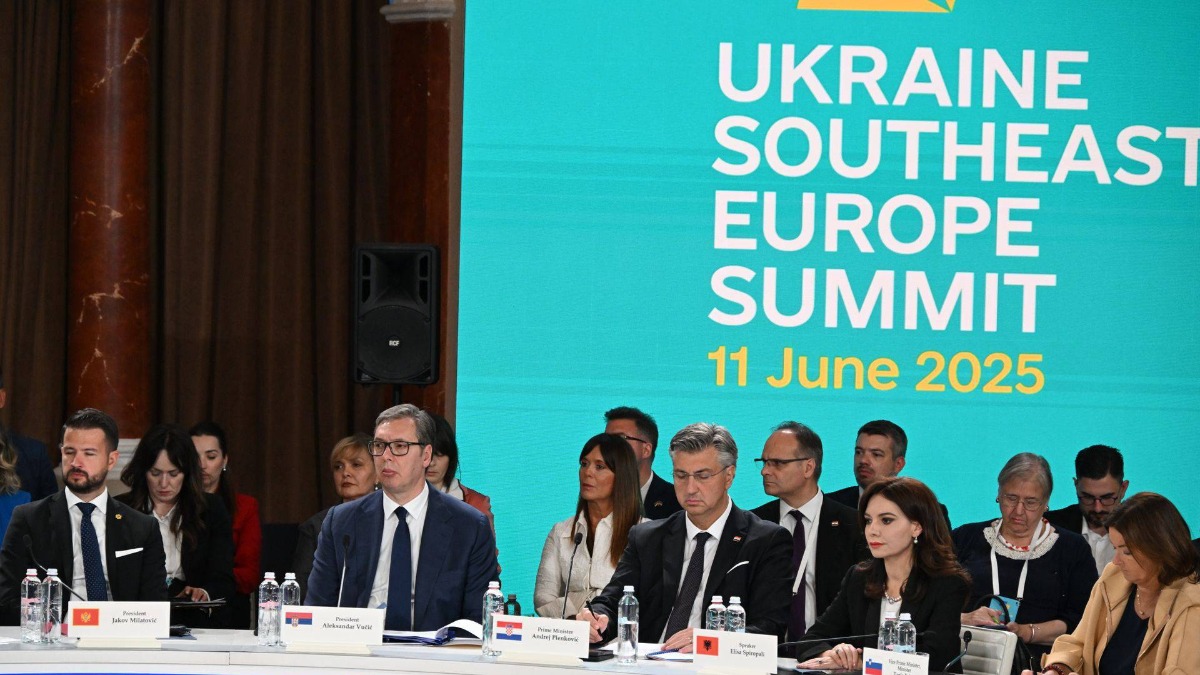At the fourth Ukraine-Southeast Europe summit in Odesa, participating countries adopted a declaration calling on the international community to intensify support for Ukraine and strengthen sanctions against Russia, particularly in the banking and energy sectors. The declaration was signed by 11 countries, with Serbian President Aleksandar Vučić being the only one not to sign. Participants condemned the Russian aggression as a grave crime and called for Russia to be held accountable, as well as for the use of Russian assets for Ukraine’s recovery. The goal is to provide comprehensive and sustainable support to Ukraine in its fight for independence and territorial integrity.
Political Perspectives:
Left: Left-leaning outlets emphasize the humanitarian aspect of supporting Ukraine, condemning Russian aggression as a violation of international law and a threat to global peace. They highlight the importance of international solidarity and the need for strong sanctions to weaken Russia’s war capabilities and support Ukraine’s sovereignty and recovery.
Center: Centrist sources focus on the diplomatic and strategic importance of the summit, noting the broad international consensus on supporting Ukraine and the economic measures against Russia. They report on the political dynamics, including the notable absence of Serbia’s president from the declaration, and stress the balance between sanctions and diplomatic efforts for a peaceful resolution.
Right: Right-leaning media often stress national sovereignty and security concerns, supporting strong sanctions against Russia while sometimes highlighting the geopolitical implications for regional stability. They may also focus on the role of Western alliances and criticize countries that do not fully commit to the sanctions or support, framing the issue in terms of defending Western values and security.












